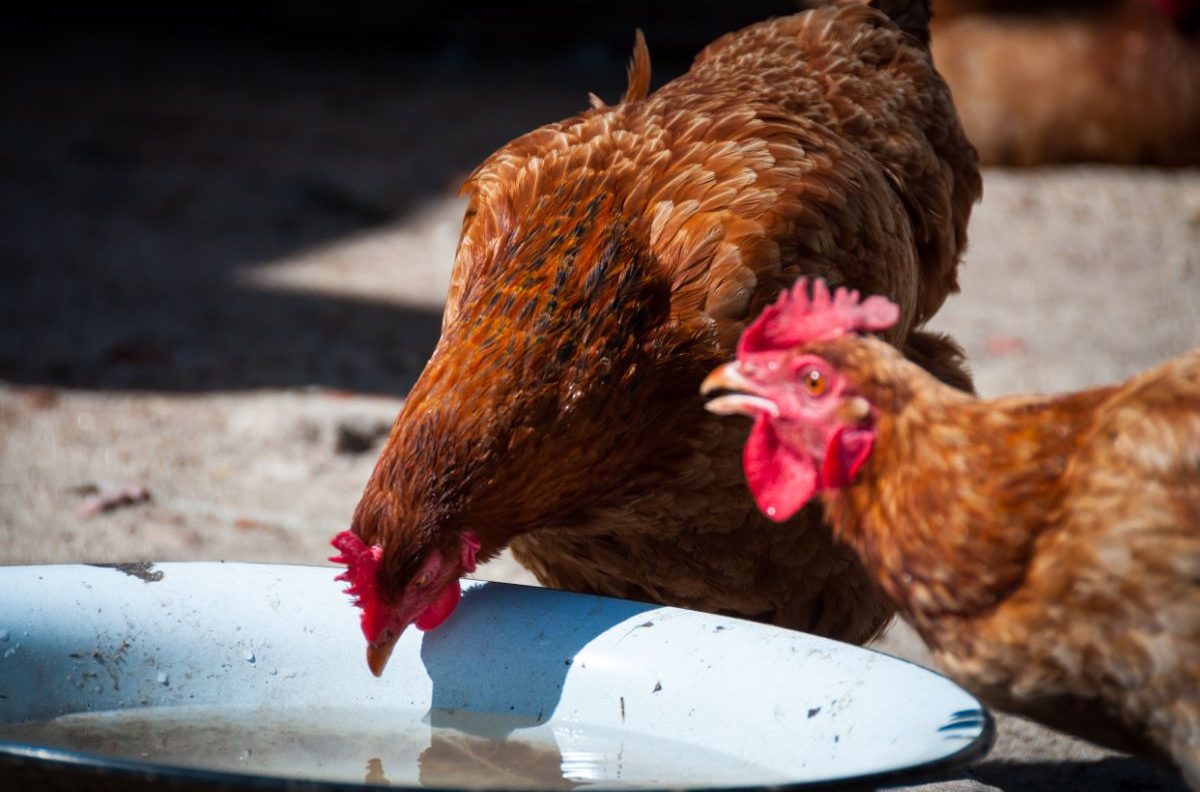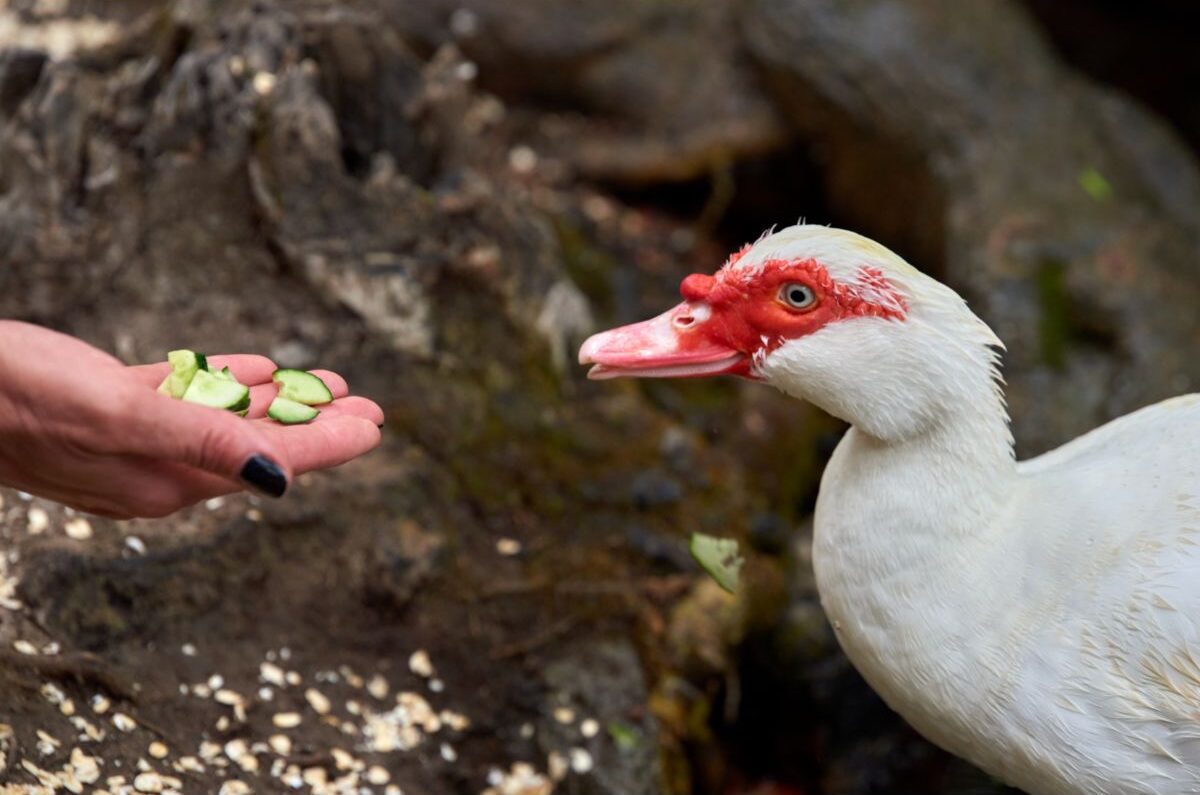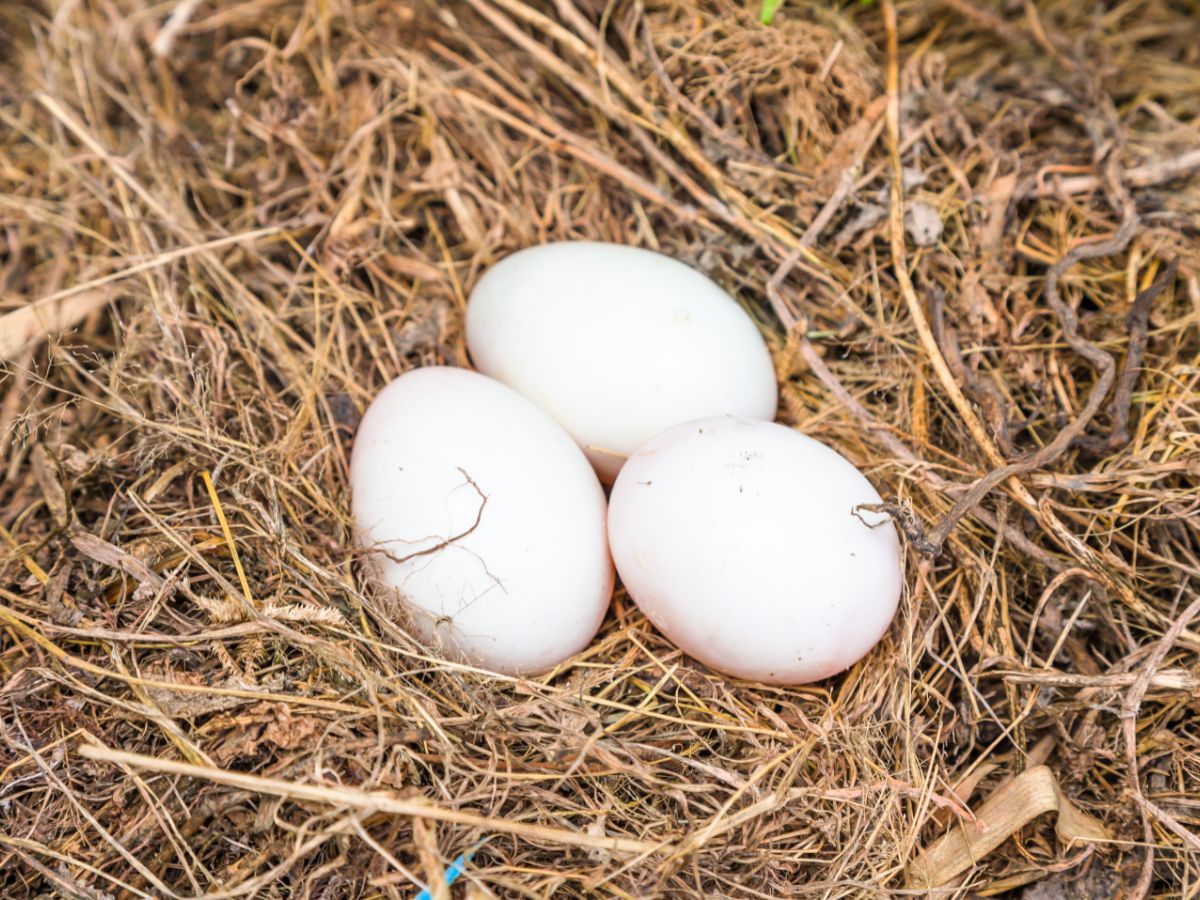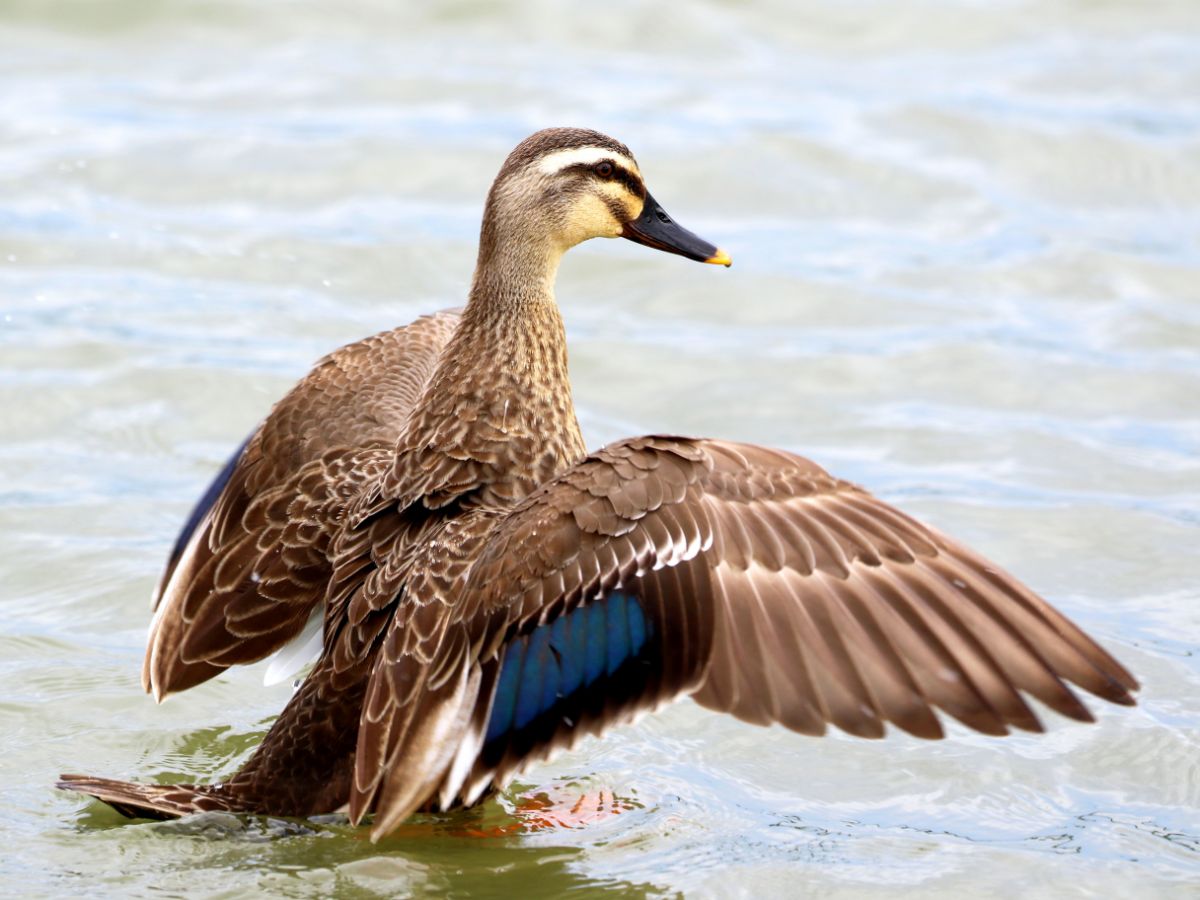Chicken owners in very cold regions of the world face the challenge of preventing their flock’s water from freezing during winter. Chickens need a constant supply of drinking water, so it is critical to keep their water from freezing.
To prevent chickens’ water from freezing, use a big, black plastic tub and float ping-pong balls on the surface. You can insulate the tub further by putting it inside an old tire. A heated dog bowl or heated chicken waterer is the ideal solution if you have an electrical outlet near the coop.
Chicken owners have come up with many ingenious ways to keep their chickens’ water from freezing. There are several electricity-free methods, and, of course, many that use electricity. This article discusses the different ways to prevent chickens’ water from freezing so that you can decide on a method that will work for you and your flock this winter.
Contents
How To Stop Chickens Water From Freezing?
Keeping chickens’ water containers from freezing over during winter is a major chore for chicken owners. To make the task less time- and labor-intensive, people have developed many different ways to address the problem.
Depending on where on your property your chicken coop is located, using electricity for heating chickens’ water troughs may or may not be an option.
There are several methods that do not require electricity and many that need a power supply. You can use a single method or a combination of them.
Electricity-Free Ways To Keep Chickens’ Water From Freezing
Without an electrical outlet near your chicken coop, you should try the following electricity-free methods to prevent your flock’s water from icing over:
- Change the chickens’ water throughout the day. This is only practical for people who are at home during the day and have the time to make three or four trips out to the coop per day to replace the chickens’ water.
- Pour boiling water over the ice to thaw it. Rather than throwing out the frozen water and wasting it, you can simply pour a kettle of boiling water over the ice. It will quickly cool down and melt the ice. However, this method is about as inconvenient as the previous one and is only practical for those who are at home all day.
- Float ping-pong balls in the chickens’ water container. Water only freezes if the surface stays perfectly still. If you put a few ping-pong balls into your chickens’ water trough, they will keep the surface of the water moving just enough to prevent it from freezing.
- Fill a few bottles with saltwater and float them in the chickens’ water container. Salty water’s freezing point is lower than that of fresh water. You cannot add salt directly to your flock’s water, but you can fill a handful of plastic soda bottles with saltwater and pop them into the chickens’ water trough. This will slow down the rate at which the water freezes.
- Use a large, black rubber tub for chickens’ water. This is the best type of water container for chickens’ during winter. Black absorbs heat from the sun better than any other color, and rubber is great for retaining the heat. The larger the container, the better. A small container has a larger surface area to volume ratio, so water freezes faster.
- Put the chickens’ water tub into an old tire. Insulating the water tub will help to slow down how quickly the water freezes. A simple way to do this is to put the water tub into the middle of an old tire. Rubber is an excellent insulator, and you can boost the insulation even further by stuffing the inside of the tire with bubble wrap, scrunched-up newspaper, or cardboard.
- Use old windows to build a mini greenhouse around the chicken’s water tub. You can create a microclimate around the chickens’ waterer that will keep it just above freezing temperature. Find a few old windows and create an A-frame greenhouse around the chickens’ water container.
Electric Methods To Keep Chickens’ Water From Freezing
If your chicken coop is near an electrical outlet, it makes the tasks much easier. There are loads of products available that are designed specifically for the purpose of keeping water from freezing:
- Water chickens using a heated pet water bowl*. This is the most convenient way to keep chickens’ water from freezing over. Heated pet water bowls have a thermostat, so they only draw power when the water is near-freezing, and they will never overheat the water. The only issue is that chickens will scratch dirt into the water bowl, so you will need to replace the water daily.
- Place a heated base* beneath the chicken’s water tub. This is essentially a method of creating a DIY heated water bowl. You can buy a heated base for a bit cheaper than the cost of a heated water bowl.
- For closed waterers, use a small aquarium heater* to keep the water above freezing point. Small submersible aquarium heaters are handy for keeping chickens’ water from freezing. They are cheaper to buy than heated bases or heated bowls, and they are just as easy to use. Most types have a thermostat, so they will keep the water at a constant temperature.
- Buy a heated chicken waterer*. A heated chicken waterer is a fantastic investment if you live in a region with freezing winters. They have a thermostat, so they are safe to use, and they are easy to fill. They can be hung up so that chickens do not constantly scratch dirt into their waterer.
Conclusion
There are so many different ways to keep chickens’ water from freezing during winter. If your coop has electricity, buying a heated base, a heated pet water bowl or a heated poultry waterer is the best solution.
If your coop does not have electricity, you can use a combination of methods described in this article to slow down how quickly the chickens’ water ices over. Insulating the water container and keeping the water surface moving helps a lot!




